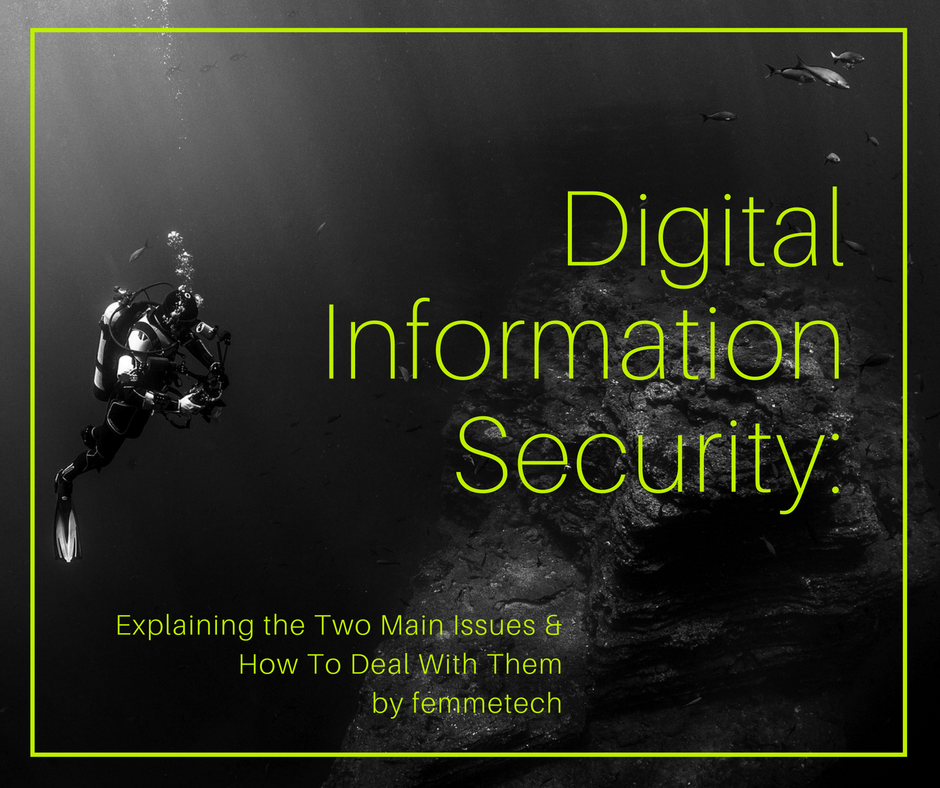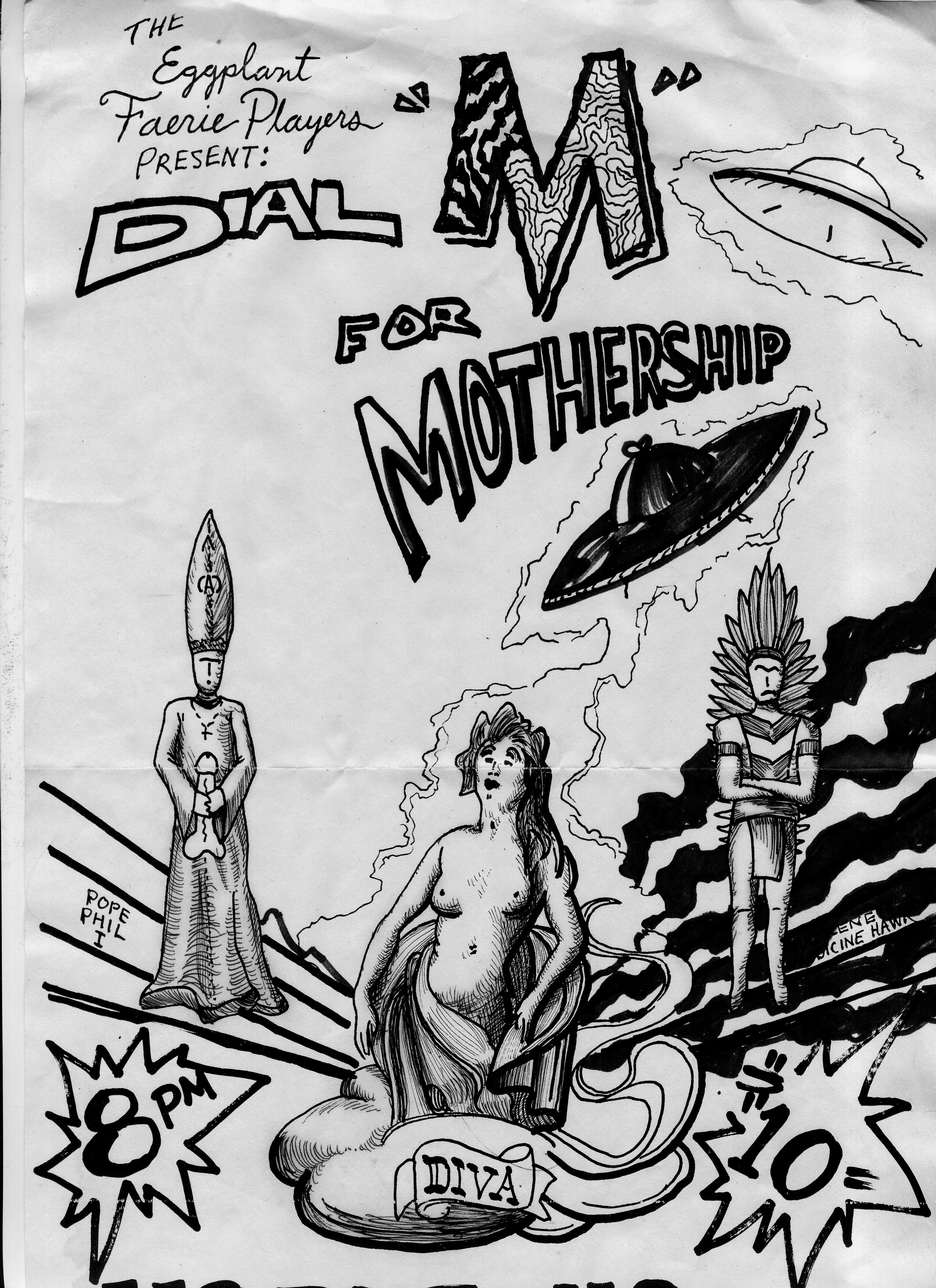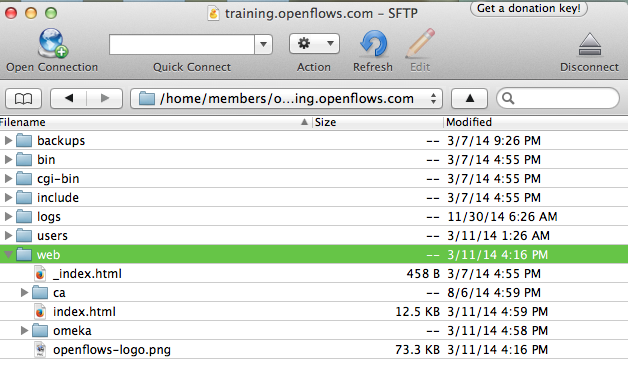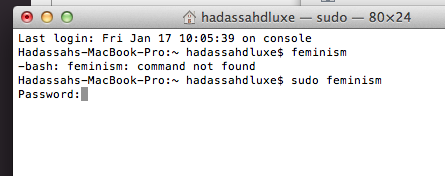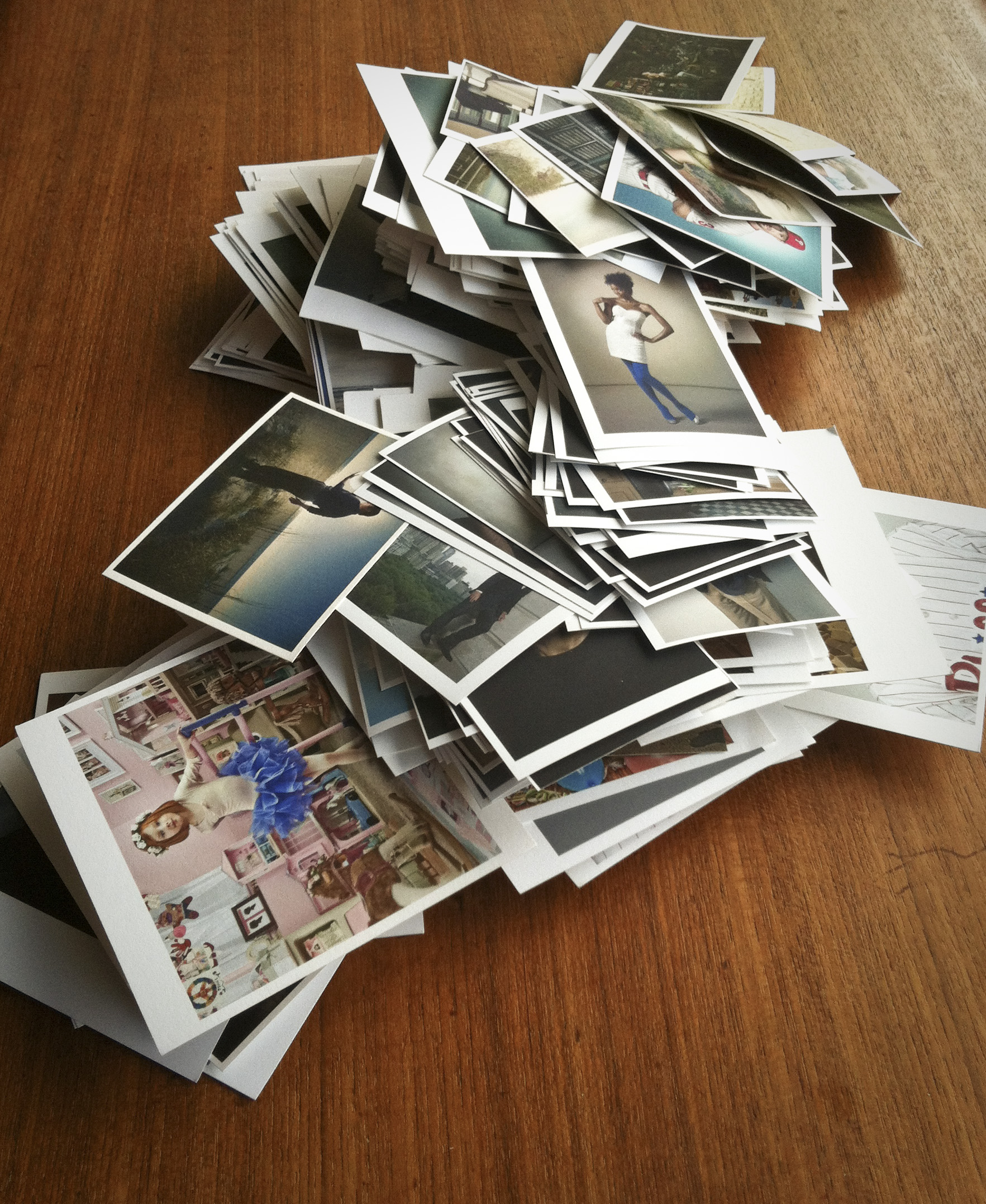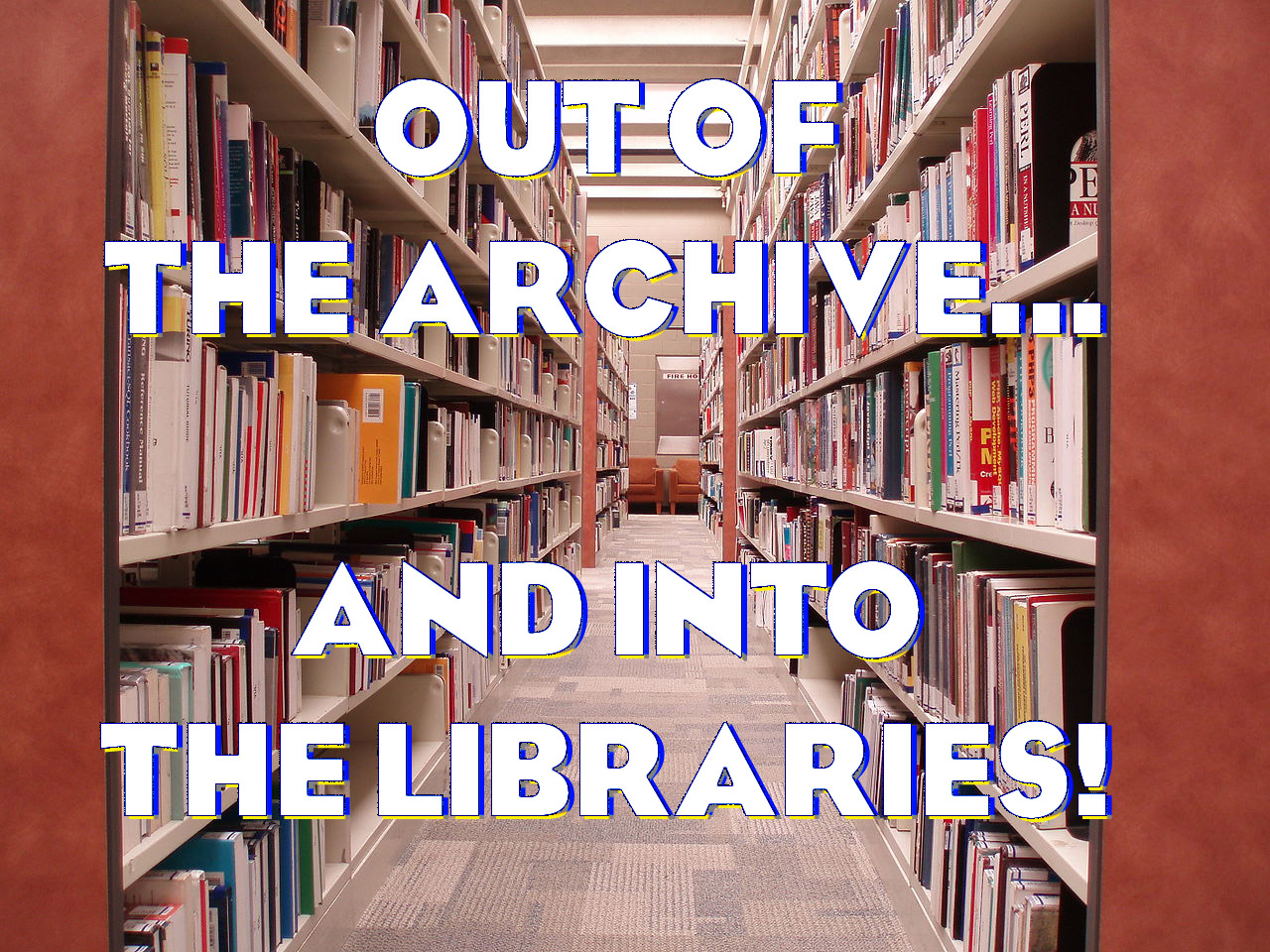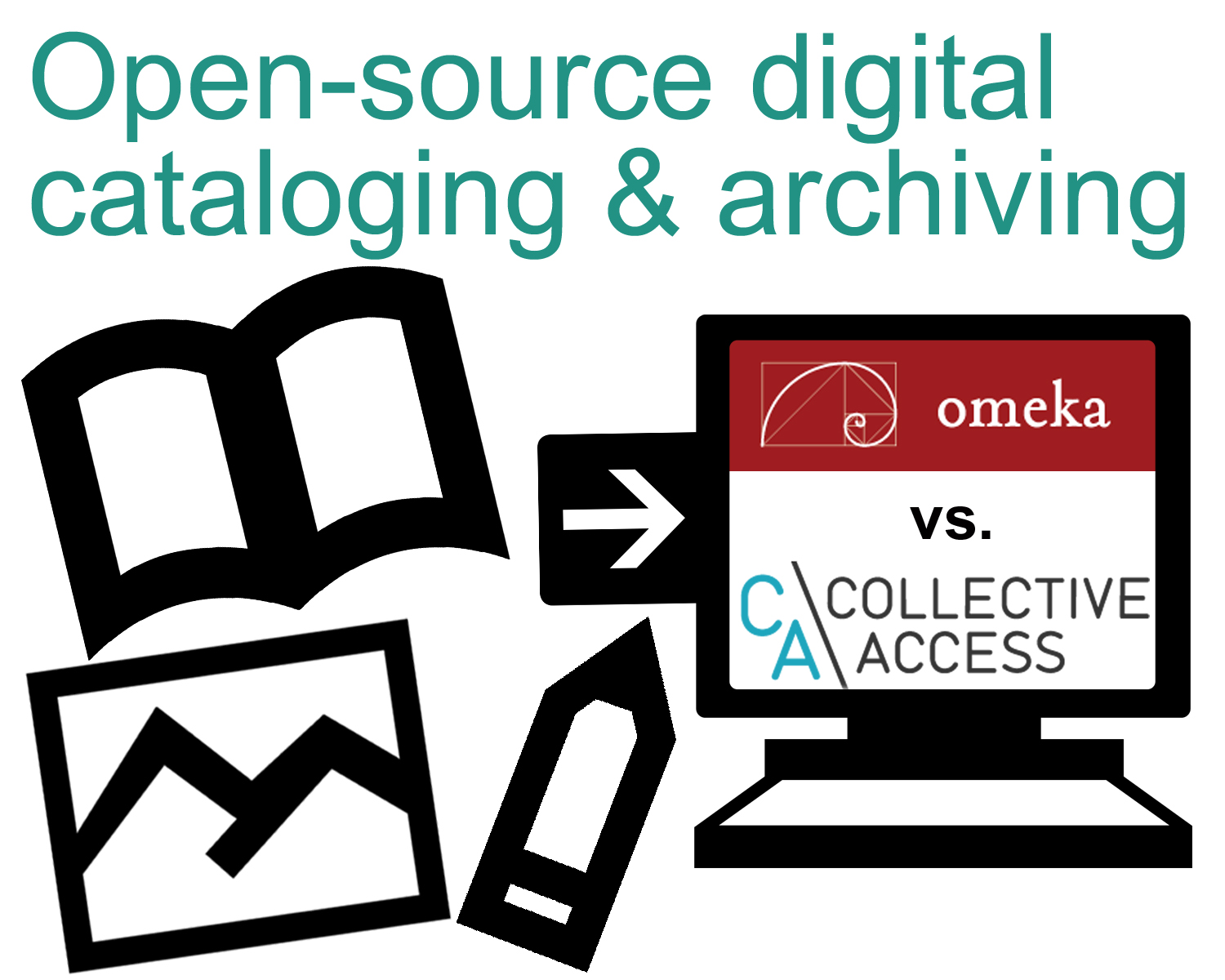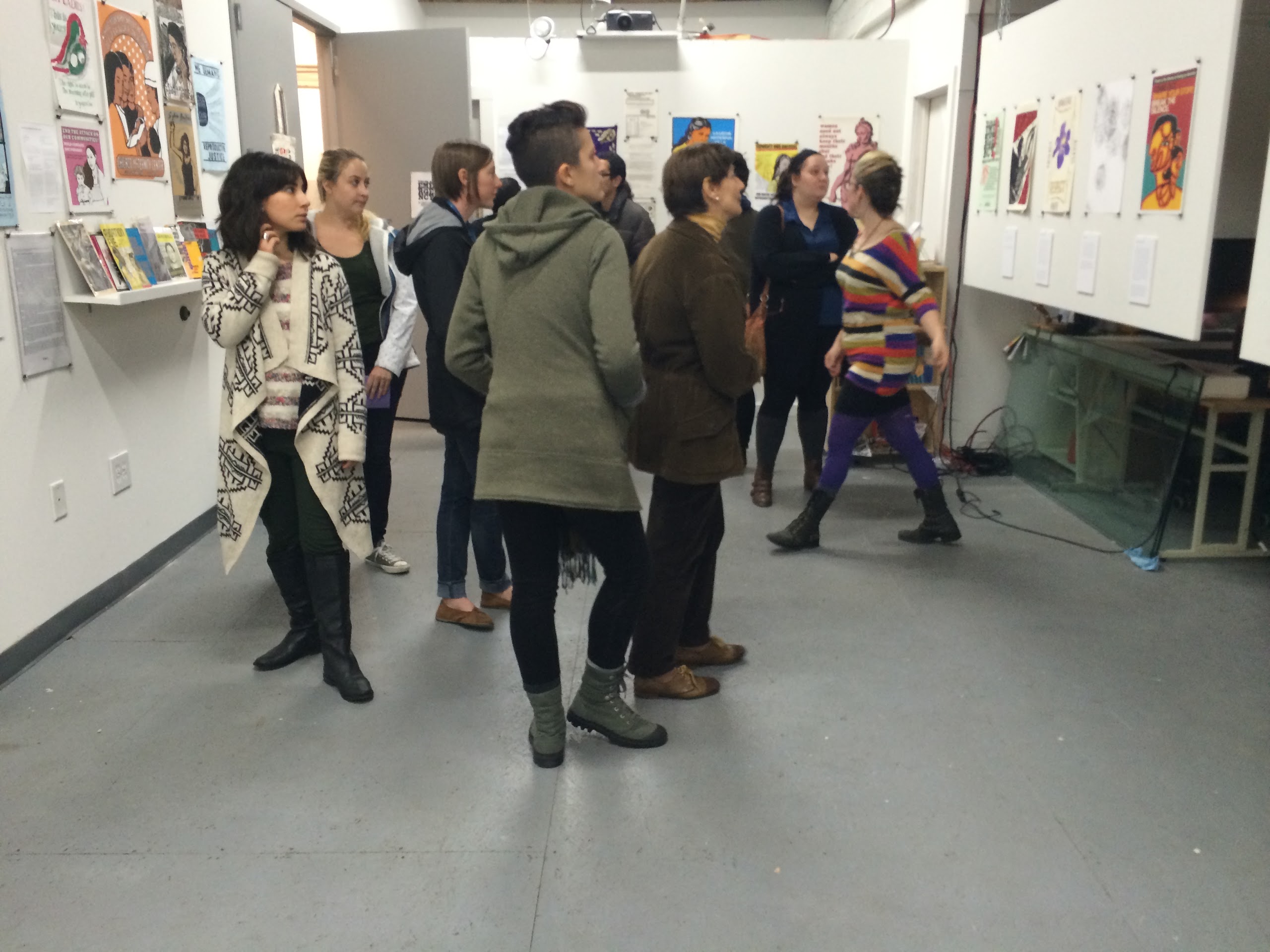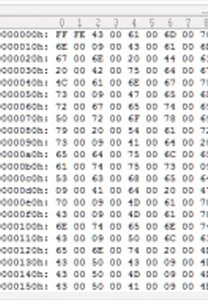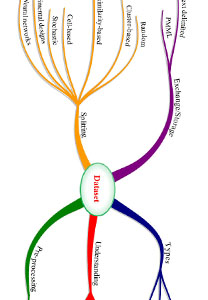[download this resource as a PDF:infosec_resources_femmetechdec2016-1] While the current political climate in the US is spawning mass interest in digital security, the situation as it stands has been created over the last 20 years or so, with concern and activism around the issue rising with the tide of technologies that are fueling the problems. Here… Continue reading Digital Information Security: Explaining the Two Main Issues & How To Deal With Them
Category: Strategy
Digital Security Options for Punk Community Spaces
[from a mini-discussion 9/29/15 at QUILTBAG++, with much thanks to Roo Khan of Palante Tech for skills and recommendations] Recently I was presented with a technology problem: the downloads in a rural, well-traveled, punk/artist community space are threatening that spaces’ security to retaining internet access. Is a strongarm solution – hard limits to the www –… Continue reading Digital Security Options for Punk Community Spaces
How-to: prepare to install software on a server
Server side software: it’s not just for hackers, folks! So many useful website platforms use software that runs on your server to do their work. So if you want to use these too, avoid frustration by making sure you’re prepared before you start. Say you want to install WordPress or Omeka on your server. These… Continue reading How-to: prepare to install software on a server
Liberation approaches to Technology: Interview
The fantastic author, librarian and activist Melissa Morrone [@InfAgit] interviewed me to discuss technology, feminism, decentralized networks of power, and liberation-focused approaches to teaching. quality content Read the whole interview here: http://libraryjuicepress.com/blog/?p=4778. A few choice quotes: MM: can you talk more about that in your approach towards technology and intimidation? HD: This plays into both… Continue reading Liberation approaches to Technology: Interview
Digital Archiving: How to Pick A Software
I’ve been building and teaching others how to build digital collections and archives for about three years now. Seeing that I often field questions from folks, here’s a starting list for those interested in creating online archives or collections. PLANNING YOUR DIGITAL COLLECTION Ask yourself the following questions, as a way to information-gather what you’ll… Continue reading Digital Archiving: How to Pick A Software
Queer & Radical Cataloging Conferences
I’ll be speaking about the Interference Archive, disruptive cataloging, and technology that works with activist organizing tactics at two conferences in the coming weeks: April 4 at Queer Internet Studies workshop, and April 11 at the Radical Archives Conference.
Workshop 3/11/14: Digital Cataloging and Archiving with Open Source Software
Tuesday March 11, 2014, 6:30–10pm workshop @ Eyebeam Center for Art and Technology in NYC. Register online here. Creating and managing digital archives, catalogs, and collections is a growing concern as organizations seek to manage files and records, metadata-gather, and enable complex searches of their cultural production, ephemera, archives and/or born-digital assets. This one-evening, two-part workshop goes… Continue reading Workshop 3/11/14: Digital Cataloging and Archiving with Open Source Software
Political art and Examining an Archive
Reprinted from The Interference Archive, http://interferencearchive.org/examining-the-archive-lecture-on-activist-posters/ What makes art activist? What makes it political? Does who is using it matter? The Interference Archive is uniquely situated as both a living collection of activist cultures and ideas, and a site of popular education and engagement with these ideas. One way we integrate these facets is by… Continue reading Political art and Examining an Archive
#3 Digital Humanities Report: Creepy Art Possibilities
The DHWI Art in Odd Places award goes to: Digital Forensics & BitCurator BitCurator is a project that I’m rather excited about, although not wholly for the developers’ original reasons. It’s a set of Linux-based OSS’s which “incorporate the functionality of many digital forensics tools” for the purposes of humanities research and archiving. The site… Continue reading #3 Digital Humanities Report: Creepy Art Possibilities
#2 Digital Humanities Winter Institute Report Back
Everything I viagra tabs did not take a course on: Data Sets, APIs, Random Links & Intersectionality I’ve been writing about the Digital Humanities Winter Institute, reporting on the Data Curation track here, and weird data archiving here. The DHWI was a faucet of information which I spongily absorbed, learning that I am especially apt… Continue reading #2 Digital Humanities Winter Institute Report Back
